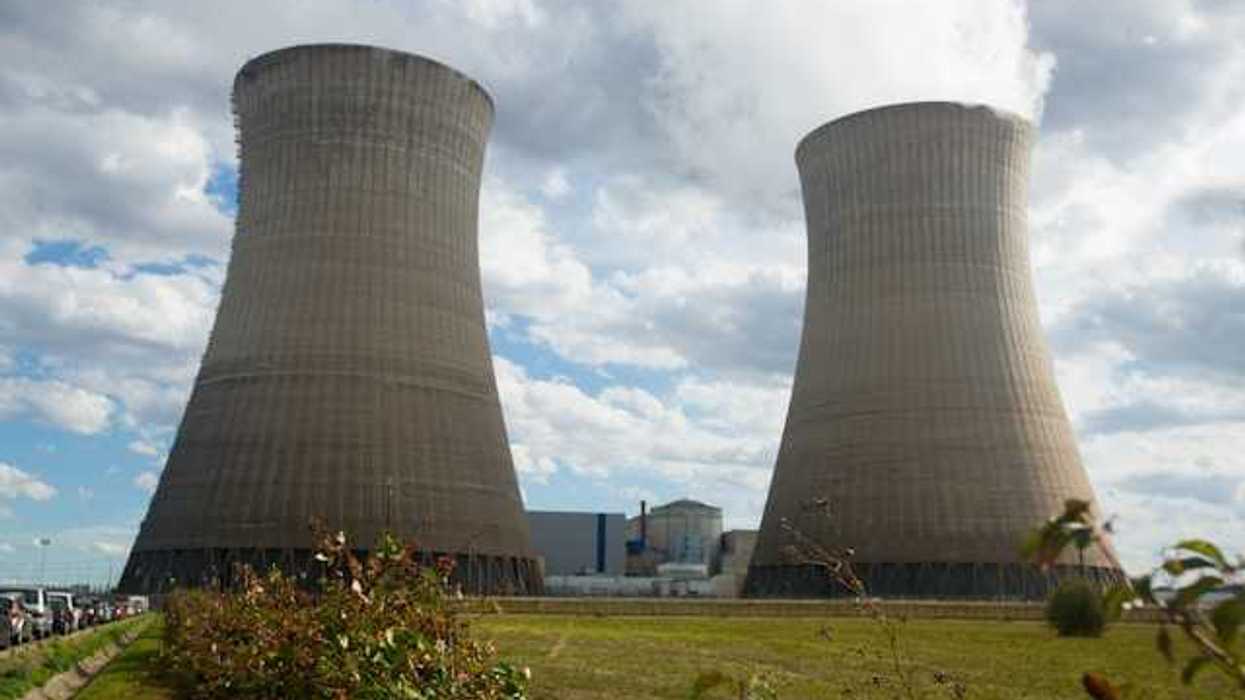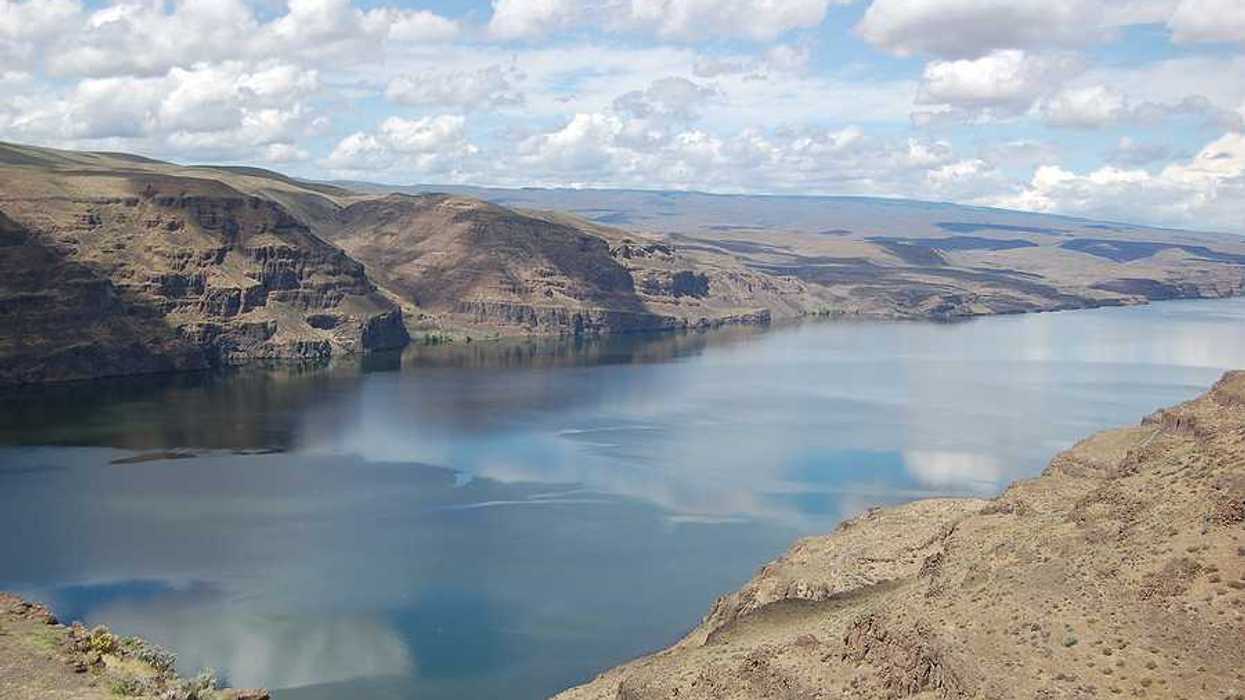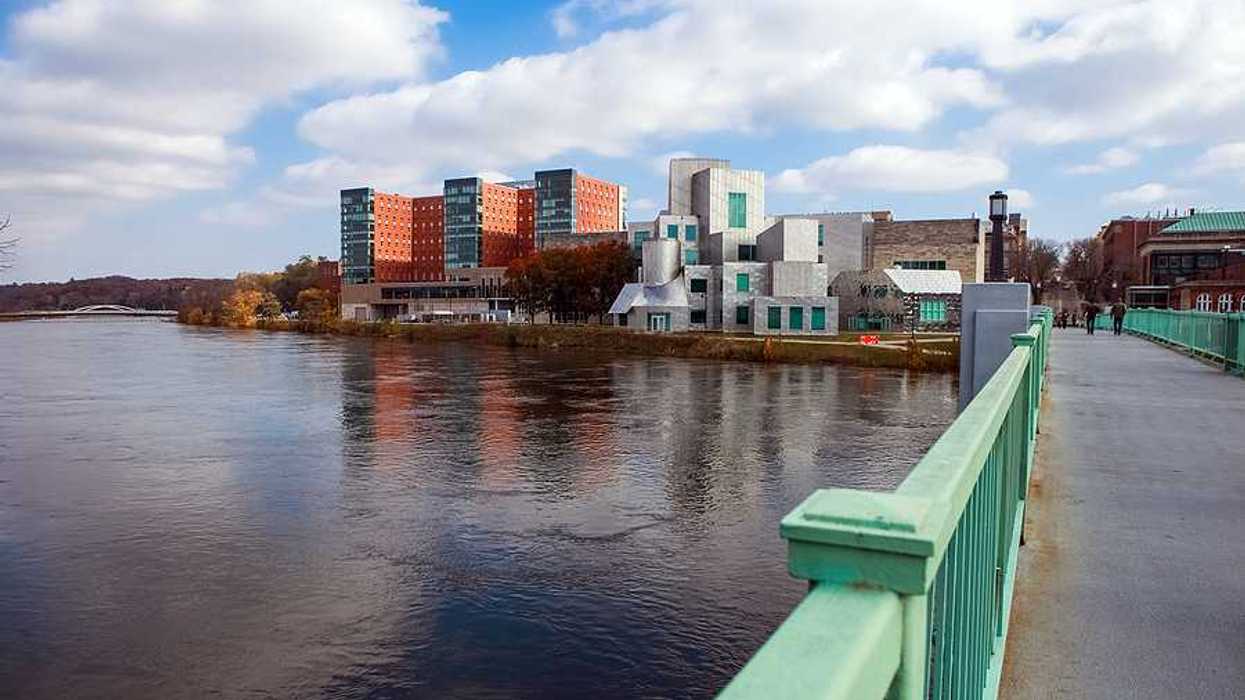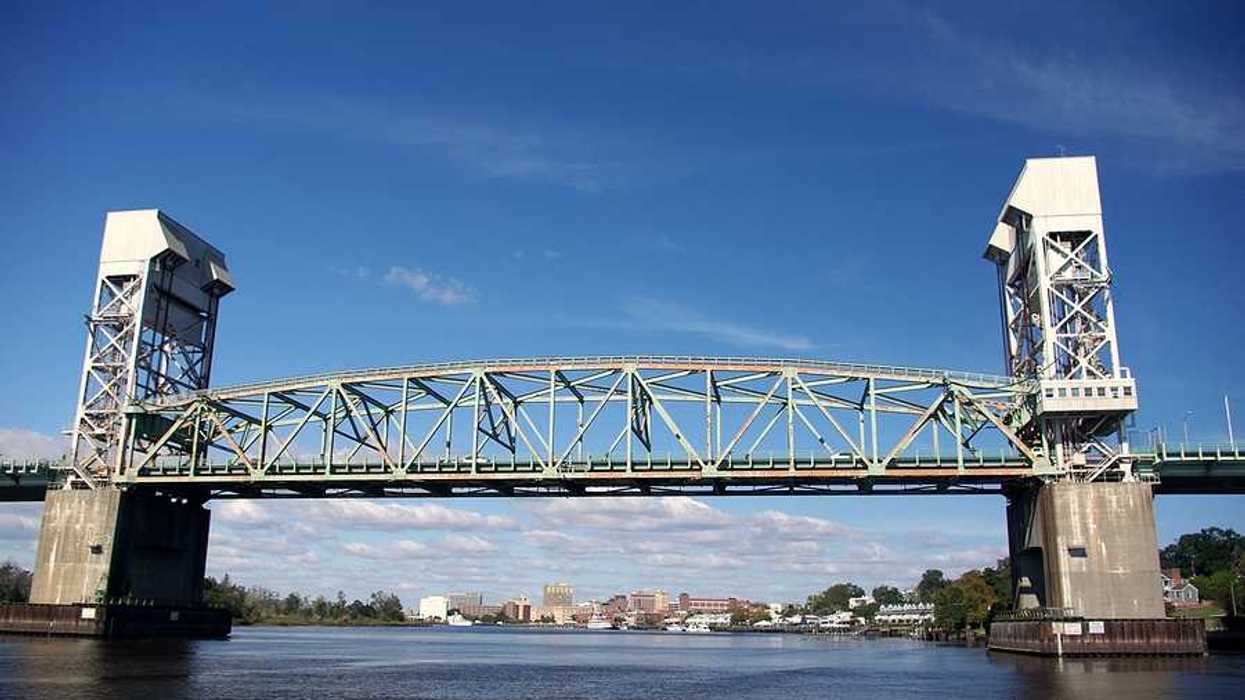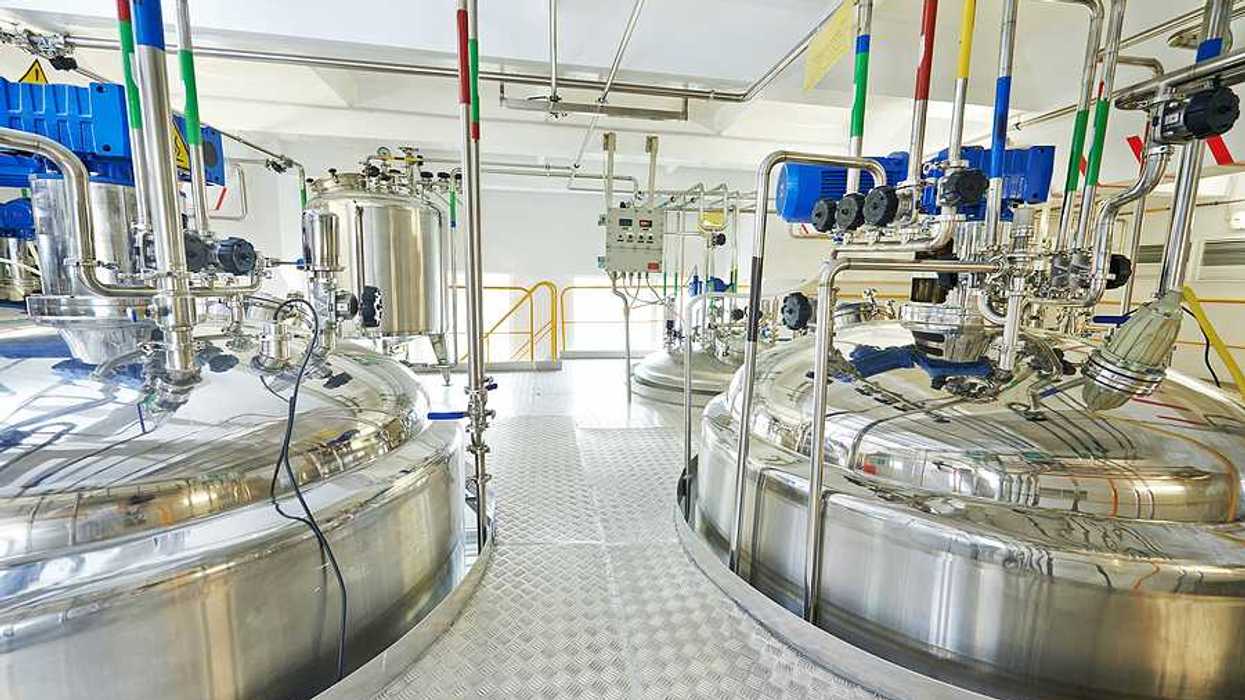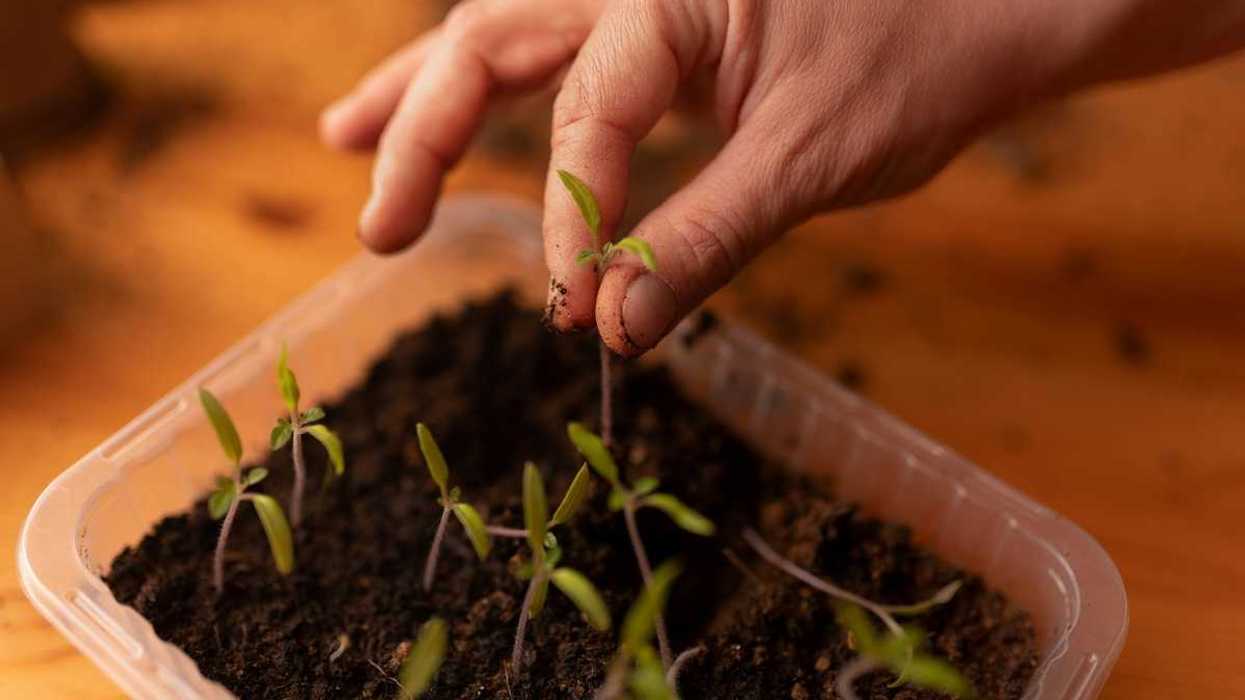Think your old clothes find a new home after you drop them in a donation bin? Think again. An investigation tracking 15 geolocated garments reveals a global trade that buries the Global South in textile waste, feeding pollution, exploitation, and an unsustainable fashion industry.
Ana Carbajosa, Patricia R. Blanco, and Beatriz Lecumberri report for El País.
In short:
- Clothing discarded in Europe and the U.S. often ends up in African and Asian nations, where much of it is unsellable and dumped in massive landfills or burned, releasing toxic chemicals.
- A tracking experiment found that seven out of 15 donated garments traveled over 65,000 km, passing through warehouses, resale markets, and waste sites, leaving behind a significant carbon footprint.
- Despite rising textile waste, recycling options are limited, and fast fashion continues churning out low-quality clothing that degrades too quickly to be reused or repurposed.
Key quote:
“The common public perception of used clothing donations as generous gifts to people in need does not fully match reality.”
— European Environment Agency
Why this matters:
Cheap, disposable clothing is fueling an environmental and public health disaster, particularly in countries that lack the infrastructure to manage the waste. While donation bins may feel like a responsible choice, they often sustain a system of overproduction, pollution, and exploitation. Without major reforms, the cycle will only worsen.
Read more: I tried to sew a compostable stuffed animal for my friend’s newborn. It did not go well.




